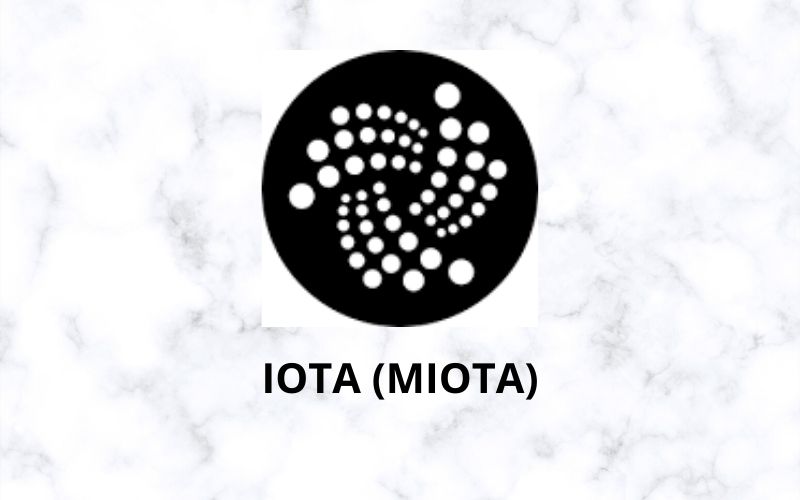IOTA, an open-source distributed ledger and cryptocurrency designed for the Internet of things, has announced the launch of the IOTA Smart Contracts Protocol (ISCP).
This new development has been seen as another significant height of achievement for IOTA as it works to build out the Tangle ecosystem.
Read Also: IOTA Implements Mana to Defend Against Sybil Attacks
Why the Release of IOTA Smart Contracts Protocol Initiative Is a Game Changer
The launch of the ISCP alpha version is a key step towards translating Tangle protocol into the world of decentralized finance (DeFI). It’s targeted at offering a new framework that will allow running smart contracts without usual fees or unavoidable network congestion as it plays out on regular smart contract platforms such as Ethereum. This IOTA’s smart contract initiative is expected to be secure and reliable.
Divulging a hint on Twitter a few hours to the official announcement, co-founder of IOTA, Dominik Schiener wrote:
“The beauty of the Tangle is that it allows IOTA to scale horizontally. This means that the IOTA Smart Contract Protocol enables Smart Contracts to run in parallel while being fully interoperable – solving issues around scalability and the fee market. More info very soon.”
The beauty of the #Tangle is that it allows #IOTA to scale horizontally. This means that the IOTA Smart Contract Protocol enables #SmartContracts to run in parallel while being fully interoperable – solving issues around #scalability and the #fee market. More info very soon. pic.twitter.com/JatTPEdi8b
— Dominik Schiener (@DomSchiener) March 3, 2021
Read Also: IOTA Joins Japanese Government on NEDO Project to Protect Critical Infrastructure with AI and DLT
IOTA’s Initiative Aims at Enhancing Mass Adoption of Smart Contracts
According to the report, smart contracts promise evolution in business and finance. And since their emergence in the blockchain and crypto ecosystems, they have been serving the purpose they are designed for. They’ve been successfully lowering barriers in relation to doing business.
Aside from those benefits of smart contracts mentioned above, they also open doors for a lot of use cases to make transactions seamless.
Despite all these benefits, smart contracts have not gained the needed mass adoption at the enterprise level, due to the fact that they have been limited to the blockchains upon which they are implemented.
Read Also: IOTA Announces Competitive Smart Contract Alpha
The report reads in part as follows:
“This has made mass adoption at the enterprise level unlikely, as businesses require a high degree of interoperability of different networks as well as low volatility in cost planning.”
IOTA’s Approach to Smart Contracts Is Unique
According to the report, IOTA takes a distinct approach to smart contracts implementation compared to already existing architectures.
In the case of IOTA’s approach, it will be possible to predict transaction fees irrespective of the high volatility of cryptocurrencies in the market.
The report states further:
“IOTA smart contracts themselves will be feeless, leaving the executor of the contract free to draw up transparent fee structures that suit any task. The ISCP will also open the possibility of running ‘foreign’ contracts and any number of outside, virtual machines on the same network.”
Read Also: IOTA to Challenge Chainlink with Alvarium in an Oracle Collaboration with Dell
So far, IOTA Smart Contracts Protocol (ISCP) is the first and major release that gives developers the means to leverage the scalability and flexibility embedded in Tangle for smart contracts.
Developers can now start writing and testing out creative applications on the IOTA network, including native digital assets, non-fungible tokens (NFT) marketplaces, smart contracts, liquidity platforms, among others.
Follow us on Twitter, Facebook, Telegram, and Download Our Android App
